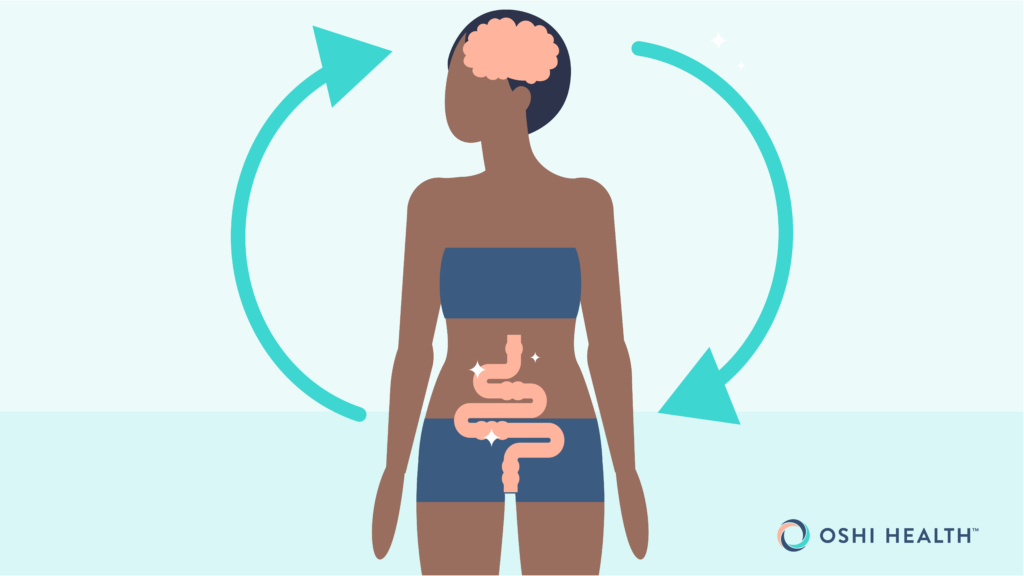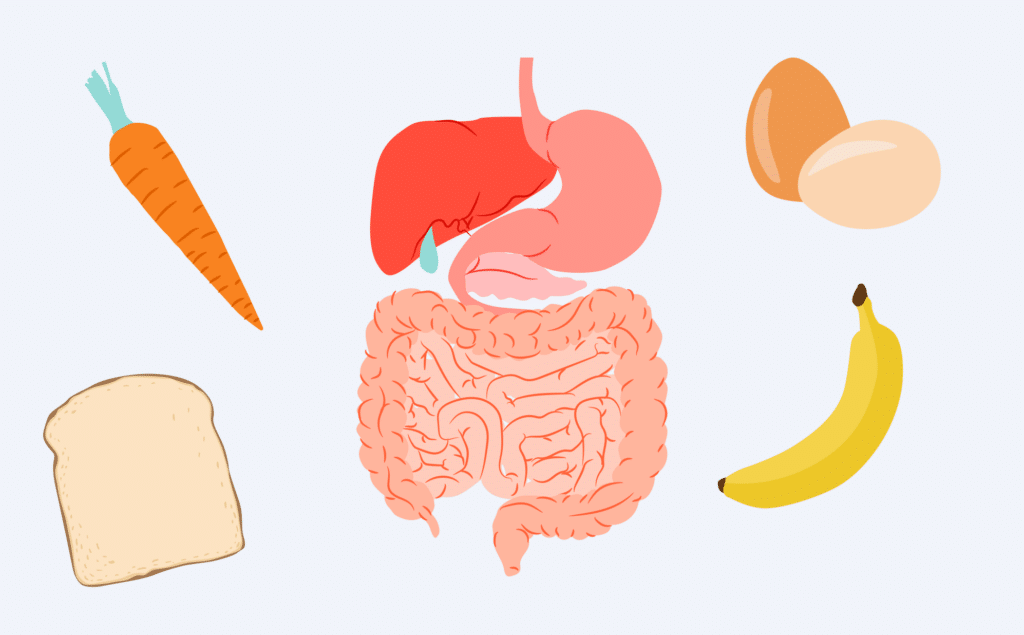Irritable bowel syndrome, or IBS, is one of the most common GI diagnoses, and its accompanying symptoms — cramping, pain, diarrhea, constipation, bloating, and/or gas — can be challenging. Women are more likely than men to live with IBS, and may experience these symptoms differently. If you’re a woman living with IBS, there are a few things you should know:
1. Your IBS symptoms may vary with menstrual cycle
IBS symptoms may overlap with menstrual pain, hormonal headaches or body aches, fatigue, and bloating. Some research indicates that women with IBS may have more menstrual pain than those without IBS. Both your GI provider and your OB-gyn are good resources for understanding the ways these symptoms can be managed throughout your cycle.
2. Women living with IBS report more feelings of anxiety, depression, and fatigue
While both men and women report that IBS symptoms impact their quality of life, women may report more dissatisfaction. Fortunately, a GI Behavioral Health provider can provide evidence-based tools and strategies that target the gut-brain connection to reduce symptom-related anxiety and improve overall quality of life.
3. Women are more likely to experience constipation and abdominal pain
While anyone can experience any IBS symptom, women are more likely to live with constipation than diarrhea — in part due to higher levels of estrogen and progesterone. Hormones may also influence how women respond to intestinal stimuli and perceive pain.
4. There is no evidence that IBS influences fertility or pregnancy
Studies show that multidisciplinary care, including dietary guidance, before and during pregnancy can help keep symptoms at bay — though more research is needed on the relationship between pregnancy, fertility and IBS. If you’re planning for a family, talk to your GI provider, GI dietitian, and OB-gyn.
5. Whole-person digestive care can improve overall wellbeing
At Oshi Health, we focus on getting to know you, your symptoms, and your care goals — and treating your irritable bowel syndrome symptoms as part of your overall digestive health and wellbeing. When you sign up, you get access to a GI provider, GI Registered Dietitian, and GI Behavioral Health provider who will work together with you to attack your symptoms from all angles and help you get back to life uninterrupted by IBS.
Oshi is your partner in digestive health
Feel like your digestive concerns are running your life? You’re not alone—and we’re here to help you find lasting relief.
Oshi Health GI providers, gut-brain specialists, and registered dietitians work together to address the root cause of your symptoms and find solutions that actually work for you.
Whether you’re dealing with chronic digestive issues or unpredictable symptom flare-ups, our GI specialists deliver:
✔ Personalized care plans tailored to your lifestyle
✔ Science-backed strategies to calm your gut
✔ Compassionate, whole-person care
✔ And so much more!
Ready to take control of your gut health?





